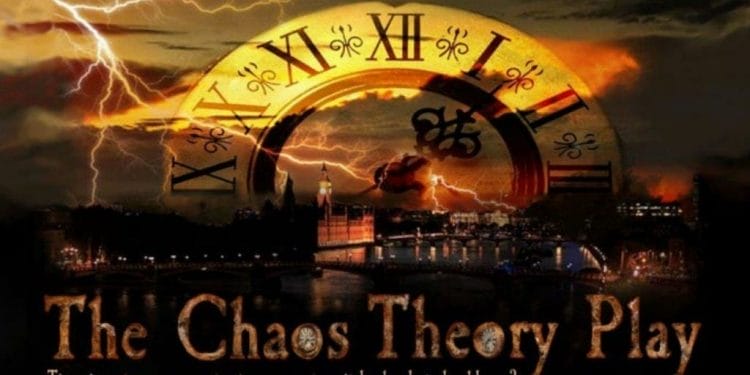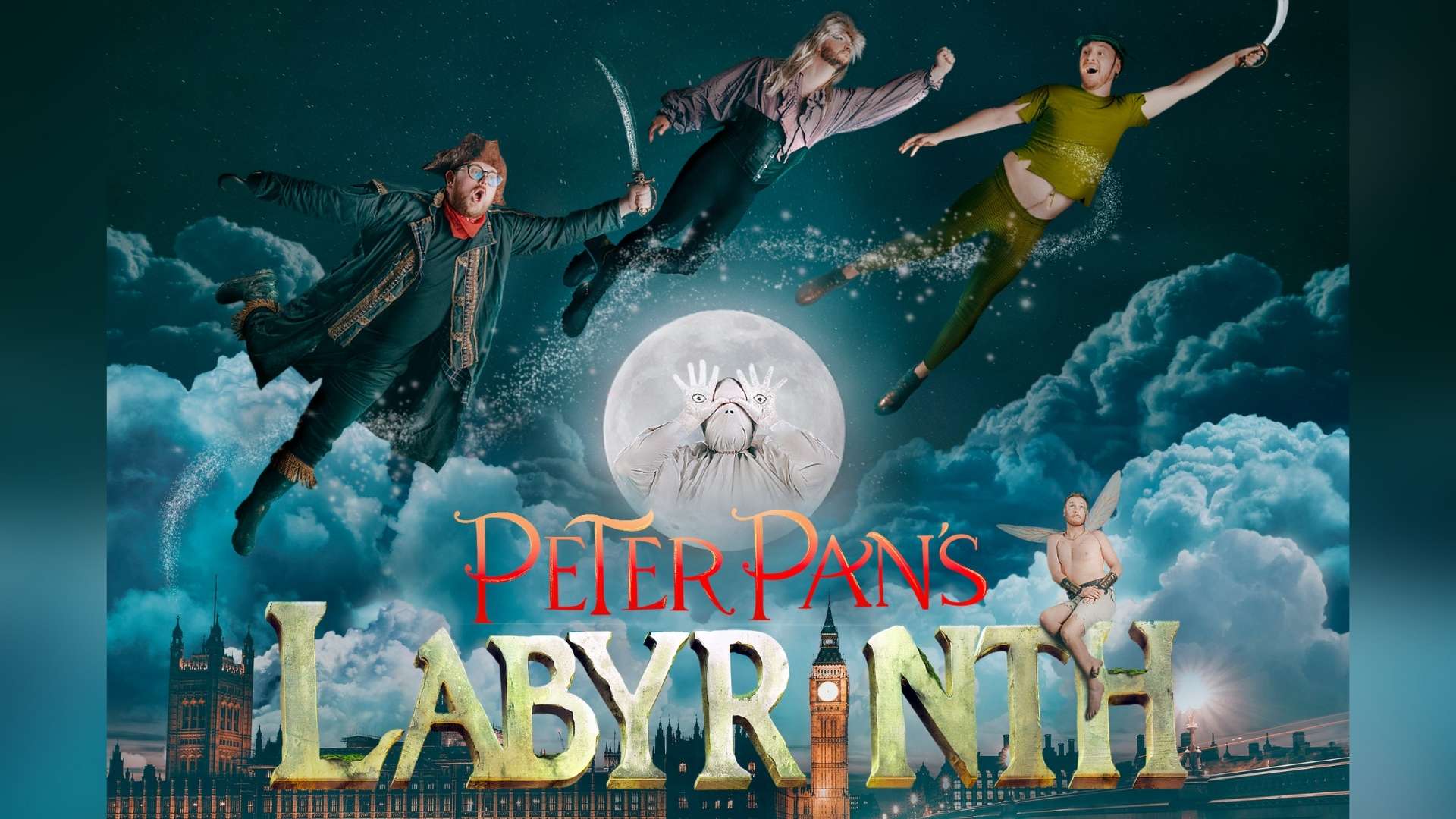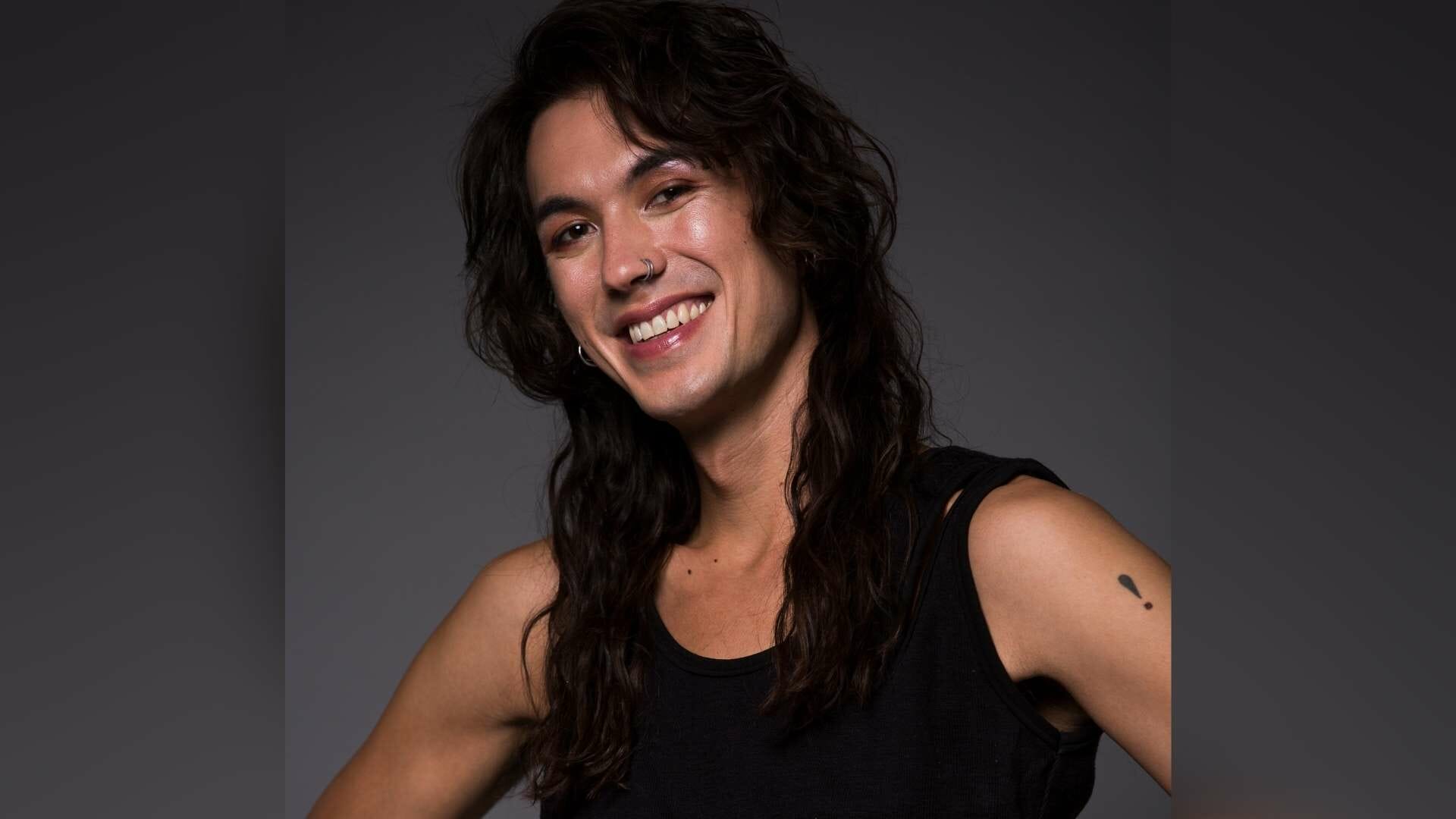 What if you could go back to a time when you made a wrong decision, and undo what you did? This is the premise of theatre company RAaW’s darkly intense production of The Chaos Theory Play, written by Robbi Stevens. Three women, each at different points of desperation, find themselves cosmically returned to a moment they regret, allowing them a chance to put things right.
What if you could go back to a time when you made a wrong decision, and undo what you did? This is the premise of theatre company RAaW’s darkly intense production of The Chaos Theory Play, written by Robbi Stevens. Three women, each at different points of desperation, find themselves cosmically returned to a moment they regret, allowing them a chance to put things right.
RAaW aims to shine a light on issues such as mental health, domestic abuse, drug addiction, poverty and sexual assault. These are big, challenging themes and it is a nice concept to make the hefty nature of such issues so grand in scale. A spectacle of mixed media – film, lighting and sound – is boldly cinematic and accentuates the tone of high drama, disaster and destruction onstage as we watch each woman’s life, hopes and dreams fall apart.
The sense of scale portrayed through the special effects (the stage setting is minimal) is an important facet of this production. It injects the epic nature of the Greek Tragedy into modern domestic settings, making it possible to see how much of the play’s tone and themes share the qualities of this form: cycles and spirals of violence, destruction (and self-destruction), the inter-generational, ongoing resurgence of trauma (the battle of “healing and hurting” as one character puts it) is at the very heart of the tragic epic, and is the core of this play.
Sabotage, sacrifice, betrayal and mortality are present in some way across all three key storylines of Becca, Caroline and Deanna, the three women whose lives – in different ways – go off course. These characters are played with energy and passion by Shelley-ann Harrison, Isidora Fairhurst and Yasemin Gava and are ably supported by a strong, dedicated cast. Kieran E Sims, as Becca’s brother Evan, and Aleksandra Valcheva as Deanna’s best friend Lisa particularly stand out for their compassionate performances of characters who love and care, but cannot always help.
The play is two hours long without an interval, and even then it feels like a bit too much is crammed in. As a consequence, some of the subplots (and characters) don’t quite add up. Who is the journalist hounding Caroline, and why do we care, for example?
It would also have been nice to understand a little more about the psychology between Becca and her husband Aiden, played by Sam Londt. Aiden becomes increasingly villainous as the plot unfolds, which undermines the complexity of why Becca – or anyone – might stay in abusive relationships. Similarly, the career-corrupted Caroline is a character leaning a little too much towards stock.
Nevertheless, The Chaos Theory Play is a powerful and emotive exploration of wishful thinking, fully charged – like all good tragedies – with cathartic potential.

















